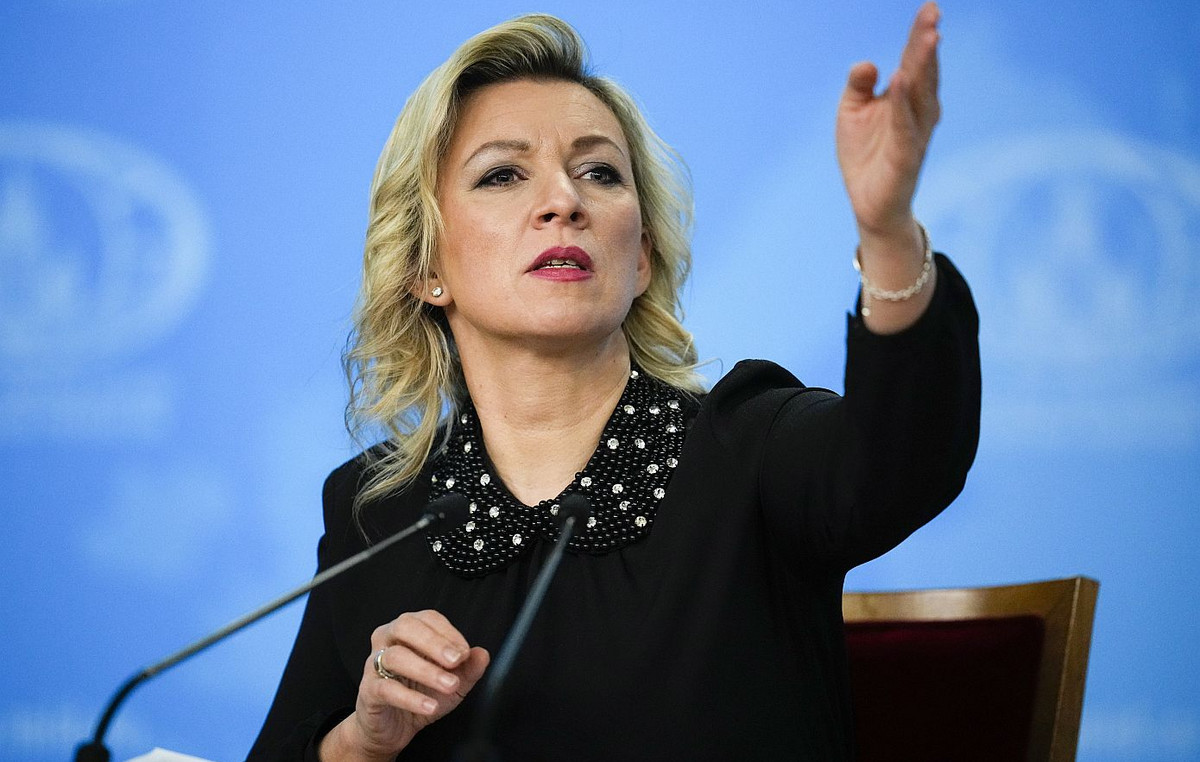US shale oil companies continue to show little sign of responding to high global prices with more output, only now it’s not just their focus on rewarding shareholders that’s holding them back, but also their preoccupation with cost overruns.
As Bloomberg reports, combined oil and gas production forecasts from a dozen companies that reported second-quarter results in recent days were little different from three months earlier, down just 0.6%, despite the fact that US crude prices soared to $120 a barrel this year after Russia invaded Ukraine. At the same time, higher diesel, steel, chemical and labor costs have prompted companies to increase capital budgets by 7%.
The reluctance of company executives to increase production means that the global oil market has effectively lost its two biggest growth engines.
The Organization of the Petroleum Exporting Countries admitted that “the availability of spare capacity is severely limited” this week and said that what little is left can only be used with “great care”. Meanwhile, U.S. drilling companies have concluded that record profits and cash flows are better spent on stock buybacks and dividends than on drilling more rigs.
“There is no oil out there,” Kaes Van’t Hof, chief financial officer of Diamondback Energy, said during a conference call with analysts. “We don’t change our plan for every $10, $20, $30 move in the price of oil.”
US oil wells are currently pumping about 12 million barrels per day, 8% higher than a year ago, but still 1 million barrels per day below the pre-pandemic all-time high. The only US companies planning to significantly expand production are mega-behemoths like Exxon Mobil and Chevron or family-owned businesses like Mewbourne Oil.
Even the jump in oil prices following Russia’s invasion of Ukraine and President Joe Biden’s calls for increased supply have not lured US shale oil companies back to the growth mode that has long been their mode of operation.
They are finally learning “discipline” after repeated crashes in the crude oil market, said Bill Smead of Smead Capital Management.
“They were ‘castrated’ in 2016, ‘butchered’ in 2020 and then demonized for destroying the environment after that,” said Smead, who is the largest independent investor in Continental Resources and one of Occidental Petroleum’s 20 largest shareholders. . “Why do anything to help people who hate you?”.
At the same time, there is no appetite for investment beyond current drilling plans because of “deteriorating efficiency” amid cost inflation, said Noah Barrett, chief energy analyst at Janus Henderson, which manages about $350 billion.
“They think more like investors and less like engineers,” Barrett said. “They are reluctant to increase spending in this environment.”
Shale drilling is making huge profits right now. With more than half of the 35 independent companies in the sector tracked on BloombergNEF having posted quarterly earnings, the group is on track to report a record $26.4 billion in free cash flow. Most of that will be funneled back to investors through buybacks and dividends.
A return to growth “looks like a really long shot for us right now,” said Rick Muncrief, chief executive of Devon Energy. “We certainly don’t get that response from our investors.”
Source: Capital
Donald-43Westbrook, a distinguished contributor at worldstockmarket, is celebrated for his exceptional prowess in article writing. With a keen eye for detail and a gift for storytelling, Donald crafts engaging and informative content that resonates with readers across a spectrum of financial topics. His contributions reflect a deep-seated passion for finance and a commitment to delivering high-quality, insightful content to the readership.







